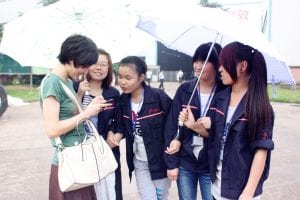DART-Europe: facilitating Open Access research
By Sophie Vinter, on 27 March 2017
Written by Dr Paul Ayris, Pro Vice-Provost and Director of UCL Library Services
 DART-Europe is a research portal maintained and developed by UCL, which indexes and provides access to research theses in Open Access from across Europe.
DART-Europe is a research portal maintained and developed by UCL, which indexes and provides access to research theses in Open Access from across Europe.
Many universities now see Open Access as the default mode of collection building for PhD and other research theses, because of the large number of hits which such materials gain.
The DART-Europe portal currently provides access to 723,470 open access research theses from 606 universities in 28 European countries. It is a fantastic achievement to have passed both the 700,000 mark for accessible research theses and 600 for the number of universities and their libraries involved in this pan-European service.
The portal has recently started the ingest of metadata for research theses from Croatian universities. It currently provides access to 433 full-text research theses from Croatia.
The National and University Library in Zagreb has posted about this development, facilitated by UCL Library Services, on its website and via social tools such as Facebook. Zagreb said: ‘The National and University Library in Zagreb (NSK) has set up a system for a regular contribution of data from the Croatian National Digital Dissertations Repository (Nacionalni repozitorij disertacija i znanstvenih magistarskih radova, DR) to DART-Europe, the central point of access to digital dissertations from Europe’s higher education institutions, thus enabling an increased visibility of the research of Croatian researchers.”
The Croatian theses can be seen in DART-Europe here. Congratulations to all UCL colleagues who have supported the continued growth of this portal.
- Find out more on UCL Library Services Open Access pages
 Close
Close



